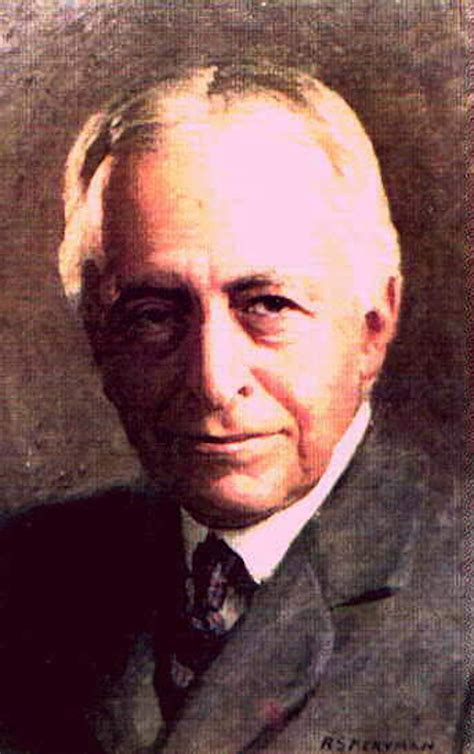A Quote by Irving Babbitt
A man needs to look, not down, but up to standards set so much above his ordinary self as to make him feel that he is himself spiritually the underdog.
Related Quotes
The things a man has to have are hope and confidence in himself against odds, and sometimes he needs somebody, his pal or his mother or his wife or God, to give him that confidence. He's got to have some inner standards worth fighting for or there won't be any way to bring him into conflict. And he must be ready to choose death before dishonor without making too much song and dance about it. That's all there is to it.
It is man's intrinsic and irreducible self-responsibility to humanize himself, to exercise his entire range of rational and moral resources to raise his mode of being and seeing and acting above not just that of animals, but also above that of the majority of subhuman (never to be self-realized) humans who will never draw themselves into a self-punishing position of focal self-diagnosis and self-accountability.
No man could bring himself to reveal his true character, and, above all, his true limitations as a citizen and a Christian, his true meannesses, his true imbecilities, to his friends, or even to his wife. Honest autobiography is therefore a contradiction in terms: the moment a man considers himself, even in petto, he tries to gild and fresco himself. Thus a man's wife, however realistic her view of him, always flatters him in the end, for the worst she sees in him is appreciably better, by the time she sees it, than what is actually there.
Why prove to a man he is wrong? Is that going to make him like you? Why not let him save face? He didn't ask for your opinion. He didn't want it. Why argue with him? You can't win an argument, because if you lose, you lose it; and if you win it, you lose it. Why? You will feel fine. But what about him? You have made him feel inferior, you hurt his pride, insult his intelligence, his judgment, and his self-respect, and he'll resent your triumph. That will make him strike back, but it will never make him want to change his mind. A man convinced against his will is of the same opinion still.
Quinn sat back down. He leaned forward, elbows on knees. "Man, don't you remember taking tests in school? Multiple choice: A, B, C, D, or E, all of the above. "Yeah?" "Dude, sometimes the answer is 'all of the above.' This places needs you. And it needs Astrid. And it needs Sam. It's all of the above, Albert.
In the ardor of his enthusiasm, a youth set forth in quest of a man of whom he might take counsel as to his future, but after long search and many disappointments, he came near relinquishing the pursuit as hopeless, when suddenly it occurred to him that one must first be a man to find a man, and profiting by this suggestion, he set himself to the work of becoming himself the man he had been seeking so long and fruitlessly.
The natural inclination of man is to rely solely upon himself and to ignore the purpose of his existence as well as his relationship to God who is his spiritual father. If man will recognize his divine origin, he will then realize his Heavenly Father will not leave him alone to grope in darkness of mind and spirit, but will make available a power to influence him in right paths and into standards of good behavior. The Holy Ghost is that power.
Everybody loves the underdog, and then they take an underdog and make him a hero and they hate him. But as long as they can knock you back down, it seems like if you're an underdog again, and things do surface, and they think this is real, 'these guys' intentions are genuine and sincere,' it seems like they will embrace you again.
"If a man finds it very hard to forgive injuries, let him look at a Crucifix, and think that Christ shed all His Blood for him, and not only forgave His enemies, but even prayed His Heavenly Father to forgive them also. Let him remember that when he says the Pater Noster, every day, instead of asking pardon for his sins, he is calling down vengeance on himself."
Therefore the Sage, wishing to be above the people, must by his words put himself below them; wishing to be before the people, he must put himself behind them. In this way, though he has his place above them, the people do not feel his weight; though he has his place before them, they do not feel it as an injury. Therefore all mankind delight to exalt him, and weary of him not.



































